The Right to Have a US Driver's License
The Right to Have a US Driver's License
The US driver's license is an important tool in everyday life and the legal framework of the United States. It is more than just about granting the right to drive; it encompasses a range of rights and benefits that are integral to every aspect of American life. This exploration will delve into these rights and benefits, exploring their meaning and relevance in contemporary society.
1. Legal Identity
One of the primary functions of a driver's license is as a government-issued form of identification. This aspect is critical for the following reasons:
Official Identification: A driver's license is widely accepted as official identification in the United States. It includes personal information such as your name, photo, address, and date of birth, and is used for a variety of transactions.
Age Verification: Many establishments, especially those that serve alcohol or tobacco, require proof of age. A driver's license is often the most common form of identification in these situations.
Travel Identification: For domestic air travel, a driver's license is an accepted form of identification at security checkpoints. This convenience simplifies the travel process, especially for individuals without a passport.
2. Driving Privileges
The most obvious benefit of having a driver's license is the legal right to operate a motor vehicle. This privilege includes several key aspects:
Legal Authority: A driver's license proves that an individual has passed the required test and is qualified to drive. This includes a written knowledge test and a practical driving test, ensuring that drivers understand and can safely follow the laws of the road.
Vehicle Registration: A valid driver's license is often required to register a vehicle. This link between a driver's license and vehicle ownership helps with accountability and ensures that drivers are licensed to operate the vehicles they own.
Insurance Requirements: Many states require drivers to carry liability insurance, which is only available if an individual has a valid driver's license. Insurance companies often consider this a prerequisite for coverage.
3. Right to Voting
In some states, driver's licenses play a key role in the voting process:
Voter Registration: Many states allow residents to register to vote using their driver's license number. This simplifies the registration process and improves accessibility.
Poll ID: During elections, some states require voters to present an ID. Driver's licenses are one of the most commonly used forms of identification, helping to facilitate the voting process and ensure the integrity of the electoral system.
4. Access to Services
Driver's licenses are often a prerequisite for accessing a variety of services:
Banking and Financial Services: Opening a bank account or applying for a loan often requires a government-issued ID. A driver's license satisfies this requirement, allowing individuals to engage in financial activities.
Rental Services: Renting a car, booking a hotel room, or even renting an apartment often requires a driver's license. This requirement is especially important for travelers who may not have other forms of ID.
Healthcare: Some healthcare providers require proof of identity to register patients, so a driver's license is a key document for accessing medical services.
5. Employment Opportunities
Many jobs, especially those involving driving or transportation, require a valid driver's license:
Driving Jobs: Occupations such as truck drivers, delivery services, and rideshares (like Uber or Lyft) require employees to have a valid driver's license to prove they can safely operate a vehicle.
Background Checks: Employers may conduct background checks that require a driver's license number for verification. This process helps determine a candidate's identity and driving record, which can be critical for certain positions.
Workplace Flexibility: Having a driver's license can provide greater flexibility in job opportunities, especially in areas with limited public transportation.
6. Public Benefits and Services
A driver's license can also facilitate access to a variety of public benefits and services:
Benefits and Assistance Programs: Certain government assistance programs may require proof of identity, and a driver's license is an acceptable form of identification.
Educational Opportunities: Some educational institutions may require a driver's license for admission, especially for programs that include an actual driving component (such as a truck driving vocational school). 7. Personal Safety and Responsibility
Having a driver's license implies an inherent sense of personal responsibility:
Accountability: By obtaining a license, individuals are held accountable for their own driving actions. This accountability extends to legal consequences for violations, promoting safer driving practices.
Knowledge of the Laws of the Road: Obtaining a driver's license requires knowledge of the laws of the road. This education helps to improve road safety and create smarter drivers.
8. Interstate Reciprocity
One of the significant advantages of U.S. driver licenses is reciprocity between states:
Interstate Travel: A valid driver's license in one state is often recognized in other states, allowing for seamless travel without the need for additional identification.
State-Specific Licenses: While each state has its own licensing requirements, driver licenses provide a standard that is understood nationwide, helping to facilitate smoother interactions between states.
9. Civic Engagement and Community Participation
Driver licenses can enhance civic engagement and community involvement:
Participation in local events: Many community events, such as festivals or fairs, may require identification to participate in certain activities, such as alcohol sales or race registration.
Volunteering: Certain volunteer opportunities, particularly those involving transportation or driving, may require a valid driver's license to allow individuals to more actively contribute to their communities.
Conclusion
The US driver's license, Massachusetts fake ID, Indiana state fake ID, Kansas fake ID, and Maryland fake ID, among others, provides a variety of rights and benefits that extend far beyond the ability to drive. It is an important form of identification, facilitates access to a variety of services, and promotes personal responsibility and accountability. Additionally, it plays an important role in civic engagement and employment opportunities, making it an essential document for many Americans.
Understanding the full range of benefits associated with a driver's license underscores its importance in everyday life and within the United States' legal framework. As society continues to evolve, driver's licenses are likely to remain a cornerstone of personal identification and mobility, shaping how individuals navigate their local communities and broader American life.
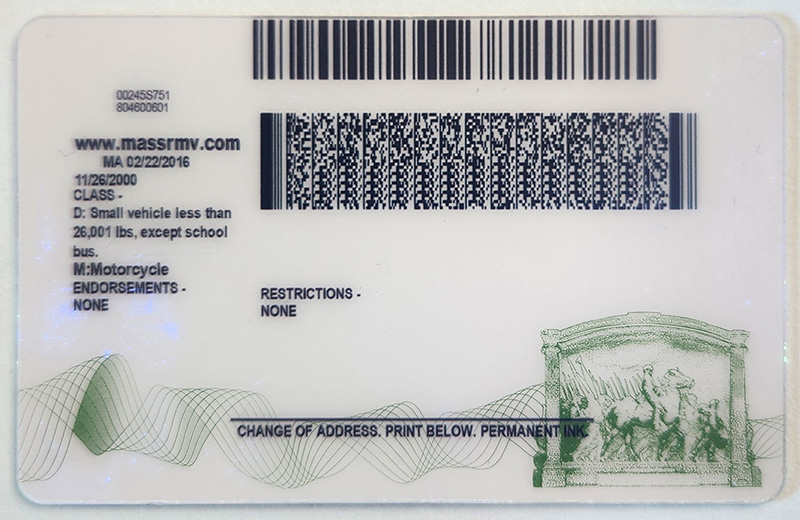

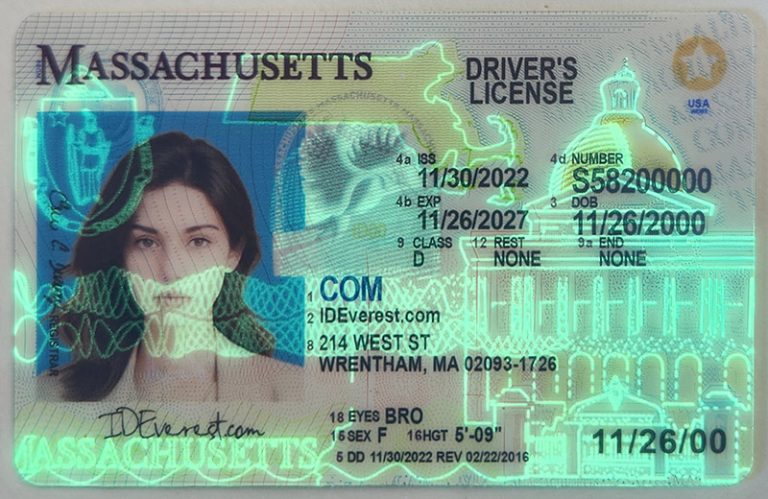
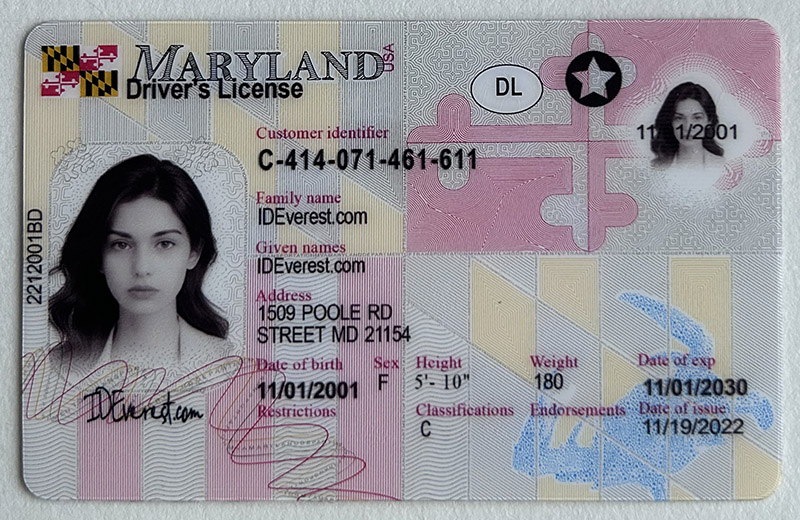
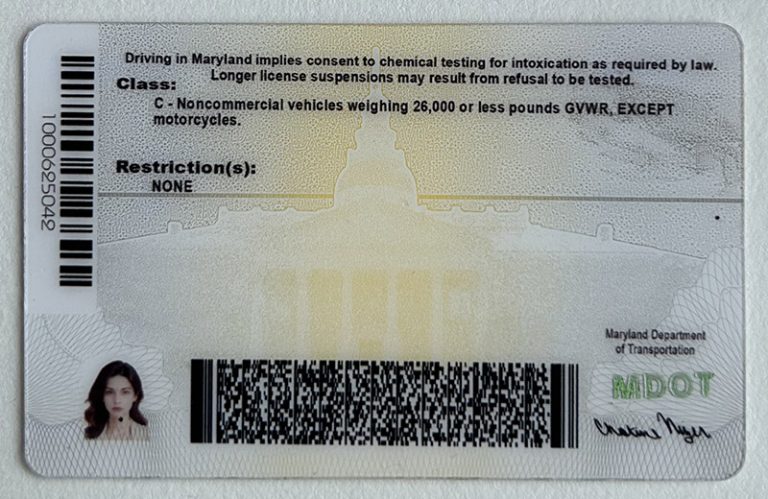
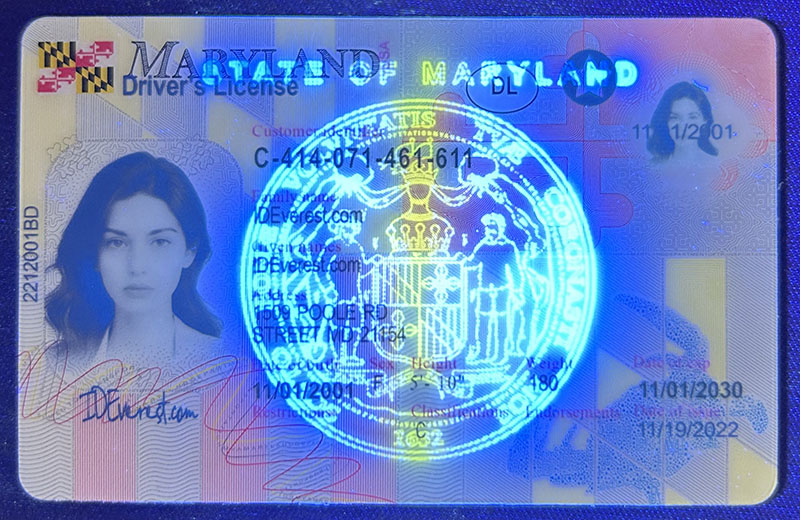
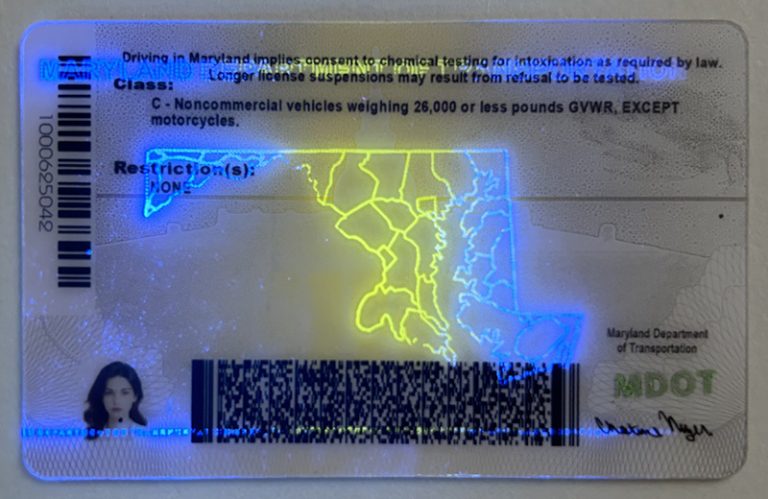
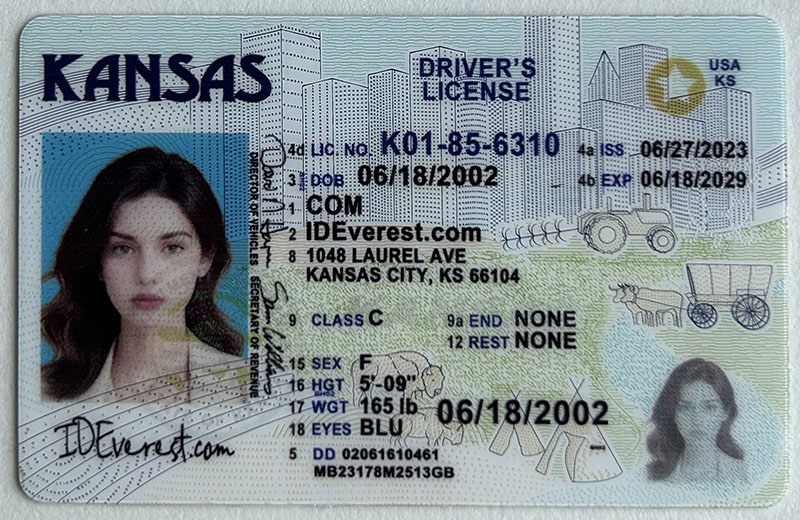
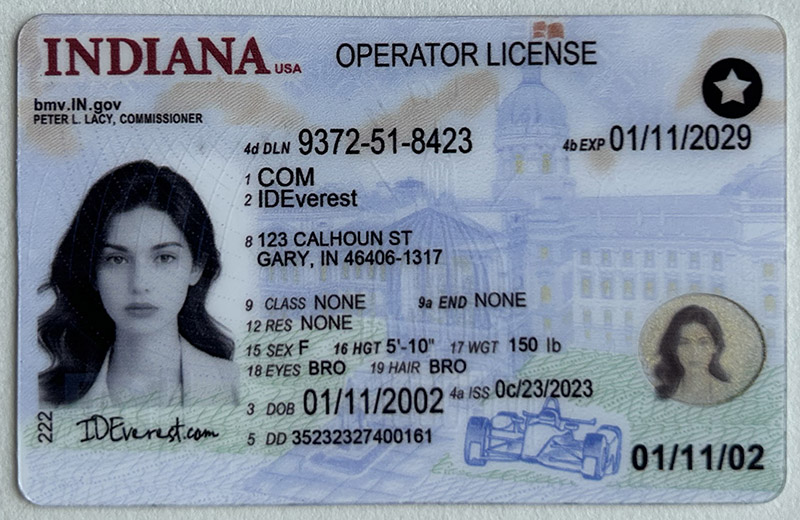
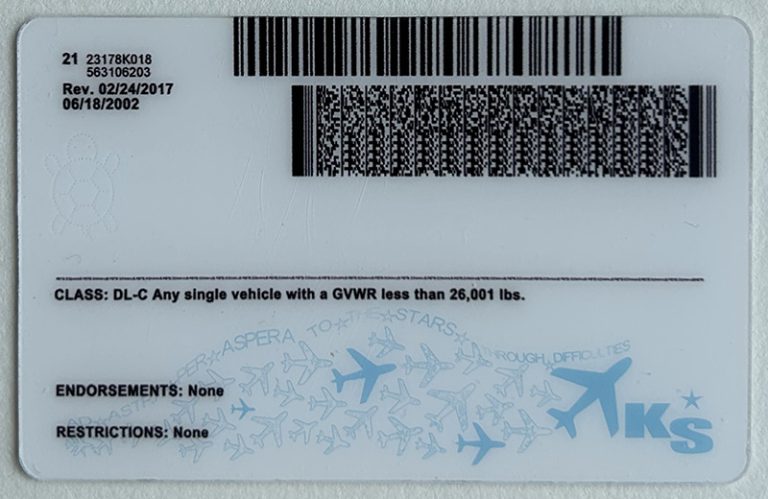

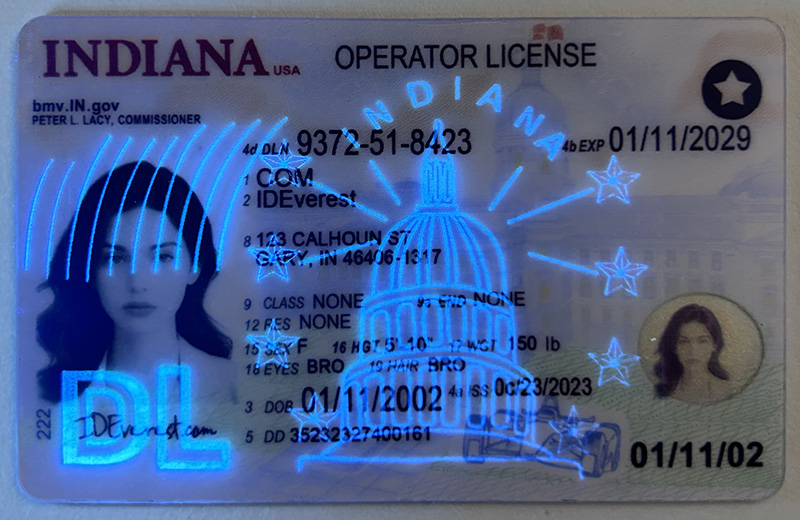
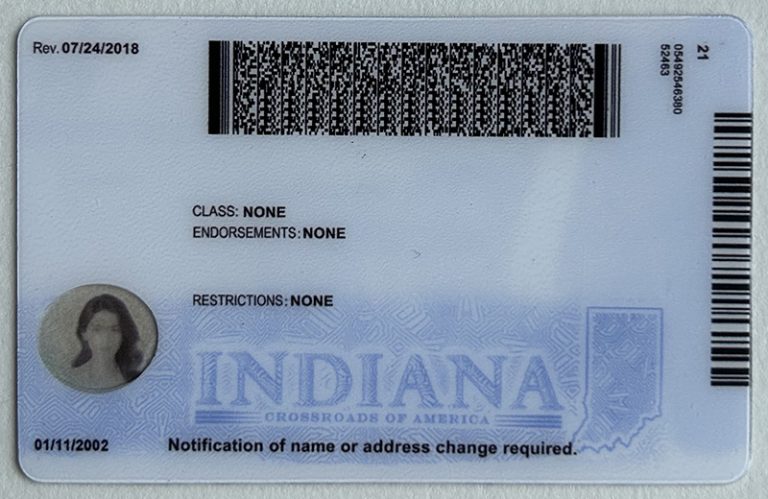
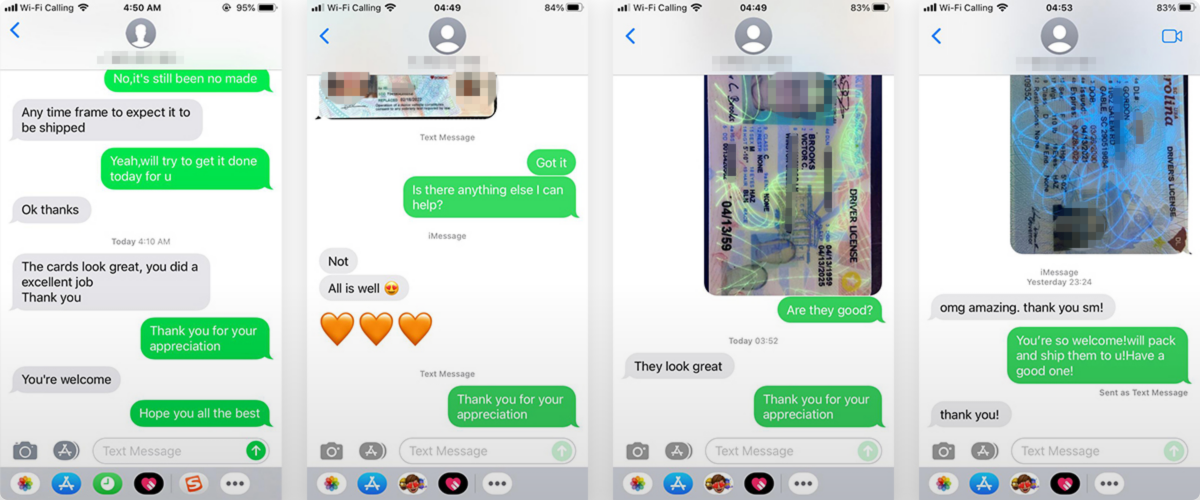 scannable Fake RhodeIsland DL
scannable Fake RhodeIsland DL
 scannable Fake Ohio DL
scannable Fake Ohio DL
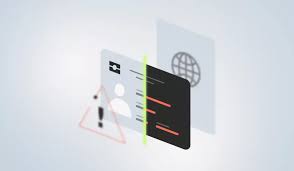 scannable Fake New York DL
scannable Fake New York DL
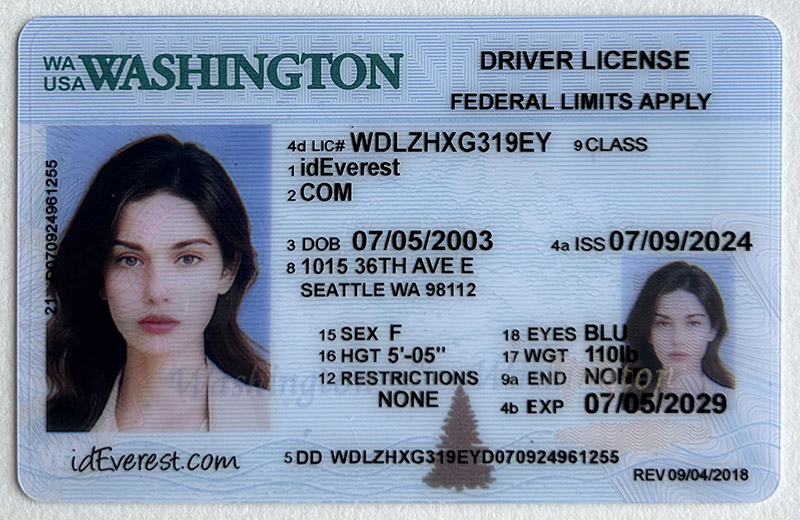 Scannable Fake Washington Driv
Scannable Fake Washington Driv